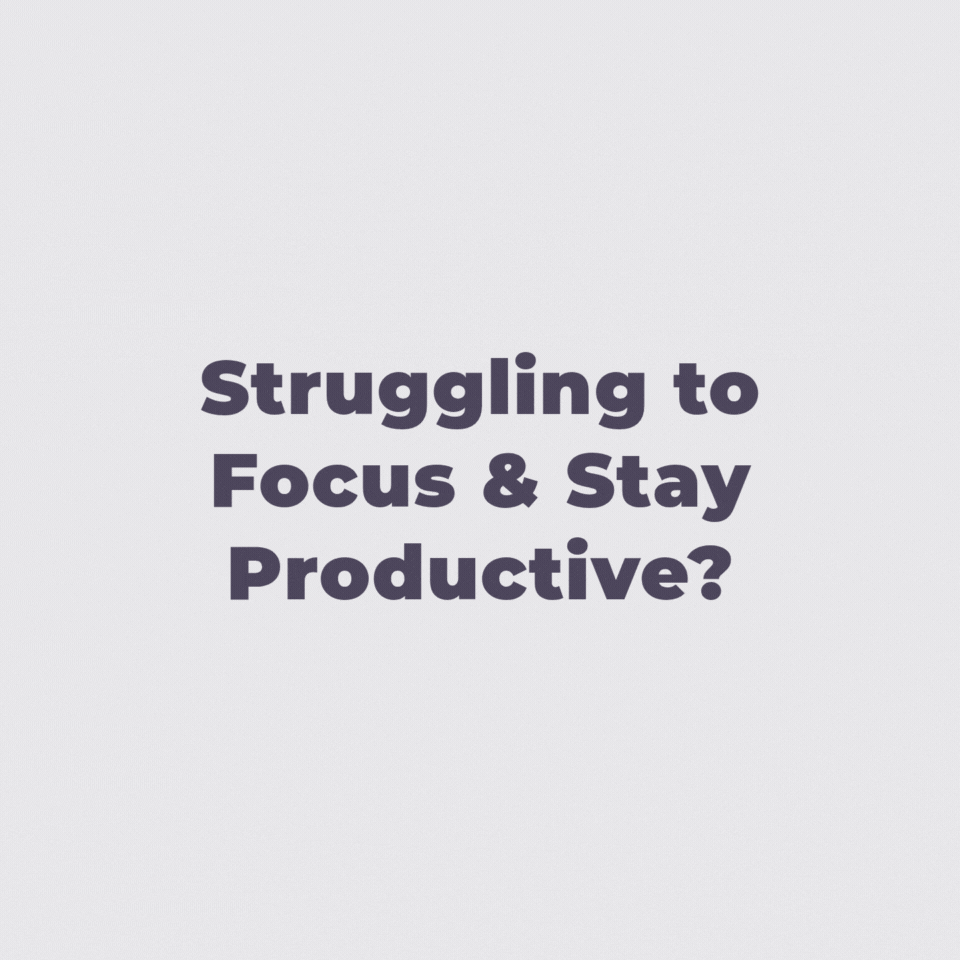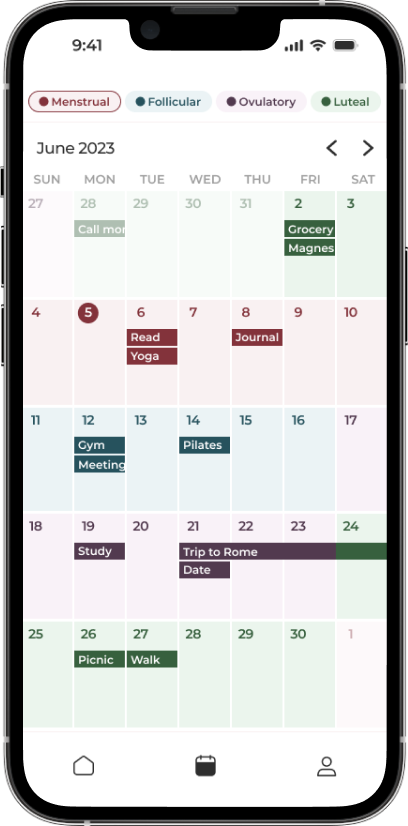How to Be More Mature in a Relationship

Maturity is the cornerstone of healthy, fulfilling relationships. It’s about emotional responsibility, self-awareness, and prioritizing growth—both yours and your partner’s. Here are five practical ways to show more maturity in your relationship and create a deeper, more meaningful connection.
Communicate Honestly and Openly
One of the hallmarks of maturity is transparent communication. Clear and respectful communication builds trust and helps you both navigate challenges as a team.
- Avoid passive-aggressive comments or holding grudges—these only breed resentment.
- Speak your mind with kindness and clarity.
- Share your feelings without fear of judgment. Use “I” statements like, “I feel hurt when…” instead of blaming.
- Ask questions to understand your partner’s perspective rather than jumping to conclusions.
- Practice active listening—give your partner your full attention and avoid interrupting.
Take Responsibility for Your Actions
Maturity means owning your mistakes and taking accountability instead of deflecting blame or making excuses. In a relationship, this shows your partner that you’re reliable and willing to grow.
- If you make a mistake, apologize sincerely and without defensiveness.
- Reflect on your behavior during arguments. Ask yourself: “Did I contribute to the problem?”
- Don’t keep score—relationships aren’t about who’s right but about finding solutions together.
Respect Each Other’s Independence
Being in a relationship doesn’t mean losing yourself. Mature partners understand the importance of maintaining individual lives while still nurturing the relationship. Balancing togetherness and independence keeps the relationship fresh and prevents feelings of suffocation.
- Encourage your partner’s hobbies, passions, and personal growth.
- Maintain your own interests and friendships outside of the relationship.
- Avoid being overly dependent or controlling. Trust that your partner values the relationship even when spending time apart.
Manage Conflict with Grace
Disagreements are inevitable, but how you handle them defines the maturity of your relationship. Being fair, staying respectful, and seeking solutions show emotional intelligence. Healthy conflict resolution strengthens your relationship by showing that you can handle challenges together.
- No shouting, name-calling, or bringing up past issues during an argument.
- Don’t handle conflict when emotions run high. Return to the conversation when you’re calm.
- Resolve the issue as a team rather than “winning” the argument.
Prioritize Growth—Individually and as a Couple
Mature relationships are built on a foundation of growth. This means supporting each other’s personal development while working to strengthen the relationship. By focusing on growth, you ensure your relationship evolves into something even more fulfilling.
- Set relationship goals, like improving communication or spending more quality time together.
- Encourage your partner to pursue their dreams, even if it means stepping outside your comfort zone.
- Reflect on your personal habits and behaviors that may need improvement.
Develop a Shared Philosophy
While many couples focus on shared goals, a shared philosophy—your collective “why”—offers a deeper sense of connection. This isn’t just about agreeing on surface values but crafting a unique perspective on how you navigate life together. A shared philosophy gives your relationship purpose and clarity, especially during uncertain times.
- Spend time talking about the bigger picture: What does success mean to us? What kind of legacy do we want to leave?
- Create rituals or symbols that reflect your philosophy, like a yearly “life audit” or writing shared intentions at the start of each year.
- Check in regularly to see how your individual philosophies align and evolve.
If you’re looking for tools to strengthen your personal growth, consider journaling to explore your emotions and self-awareness. Check out the guided journals available in my shop for a deeper dive into self-discovery and relationship-building.

Check out the Vision to Action Planner for only 6$
More info5 Essential Conversations Every Couple Should Be Having
1. What Does Commitment Mean to Us?
Every couple’s understanding of commitment can differ. Discuss what loyalty, partnership, and dedication mean to each of you.
- Why it matters: Clarifies expectations and avoids future misunderstandings.
- How to approach it: Share what makes you feel secure in the relationship and ask your partner the same.
2. How Do We Handle Conflict?
Conflict is inevitable, but how you approach it as a team makes all the difference.
- Why it matters: Sets the tone for healthy arguments and avoids destructive patterns.
- How to approach it: Talk about how you prefer to resolve issues (e.g., time-outs, calming techniques) and agree on strategies to use when disagreements arise.
3. What Are Our Individual Goals, and How Do They Fit Together?
Understanding each other’s dreams helps you grow together without losing your individuality.
- Why it matters: Balances personal ambition with shared growth.
- How to approach it: Share your long-term personal goals and brainstorm ways to support each other while staying aligned as a couple.
4. What Are Our Financial Values and Priorities?
Money is one of the most common sources of tension in relationships. Discussing financial goals and habits can prevent unnecessary friction.
- Why it matters: Promotes transparency and aligns spending habits.
- How to approach it: Talk openly about saving, spending, debt, and financial aspirations, such as buying a home or traveling.
5. What Makes Us Feel Loved and Appreciated?
Everyone expresses and receives love differently. Understanding each other’s love languages can deepen your connection.
- Why it matters: Prevents feelings of neglect and fosters closeness.
- How to approach it: Ask what actions, words, or gestures make your partner feel most loved and share your own preferences.
6. What Are Our Boundaries Around Fidelity?
Defining what fidelity means to both of you is crucial, as people often have different ideas about what counts as cheating. This conversation is not just about physical acts but also emotional boundaries.
- Why it matters: Avoids misunderstandings and sets clear expectations for the relationship.
- Discuss questions such as:
- What do we consider cheating—flirting, emotional connections, or only physical intimacy?
- Are we comfortable with friendships with ex-partners?
- How do we handle situations where one of us feels jealous or insecure?
Signs of a Mature Couple
- They communicate openly and honestly, even about uncomfortable topics.
- They listen to each other without rushing to respond or judge.
- They respect each other’s individuality and personal space.
- They resolve conflicts without resorting to blame or personal attacks.
- They take responsibility for their own emotions instead of expecting their partner to fix them.
- They don’t play mind games or use manipulation to get what they want.
- They support each other’s goals and celebrate individual achievements.
- They focus on solutions rather than dwelling on problems during arguments.
- They prioritize the relationship but don’t neglect self-care or personal growth.
- They are comfortable being vulnerable with each other.
- They discuss finances openly.
- They don’t avoid difficult conversations, even if they’re emotionally charged.
- They appreciate each other’s efforts, both big and small, and show gratitude often.
- They have a shared vision for the future while respecting different opinions.
- They can handle periods of imbalance without resentment (e.g., one partner giving more).
- They maintain intimacy through meaningful gestures, not just physical affection.
- They encourage and respect healthy boundaries within the relationship.
- They don’t rely on their partner for validation, finding confidence from within.
- They repair conflicts or mistakes quickly instead of letting resentment build.
- They accept and embrace imperfections in each other instead of trying to change them.
Still waiting for the 'perfect time'?
Email me what you'd do if you stopped making excuses. We'll work backwards from there.
Let's startRecent posts
-
The Complete Guide to Becoming a High Achiever
Read blog -
How To Make a Positive Impact in Your Community
Read blog -
What Is the “Winter Arc” Challenge?
Read blog -
What Is "the Great Lock-In" and Should You Try It?
Read blog -
What Are the 75 Hard and Soft Challenges?
Read blog -
How to Validate Yourself
Read blog

The App Made To Sync Your Lifestyle to Your Menstrual Cycle.
A solution for women who are looking to keep track of what they sync to their cycles, such as fitness, diet, etc. by adding it to a calendar that also predict their phases.
Learn more





Comment